Trek World: Pavement, commuter specials from Trek, Gary Fisher
What recession?
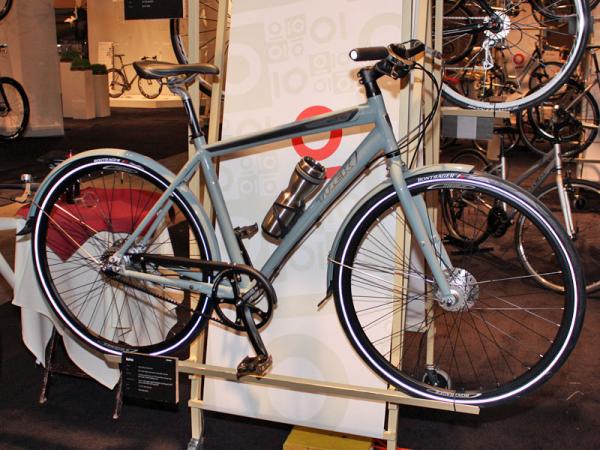
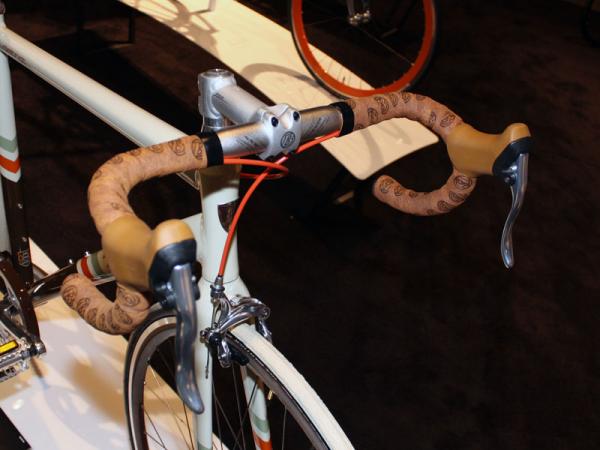
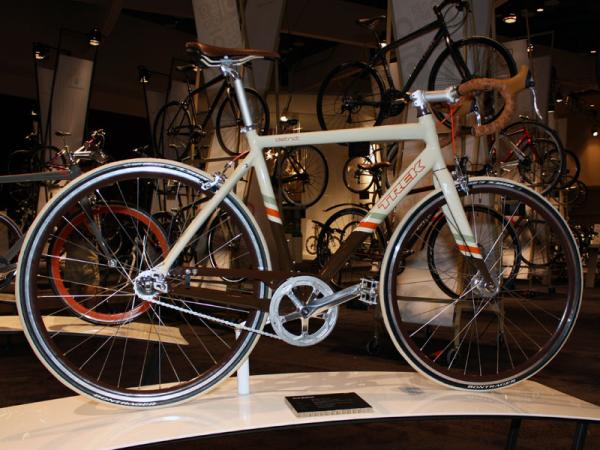
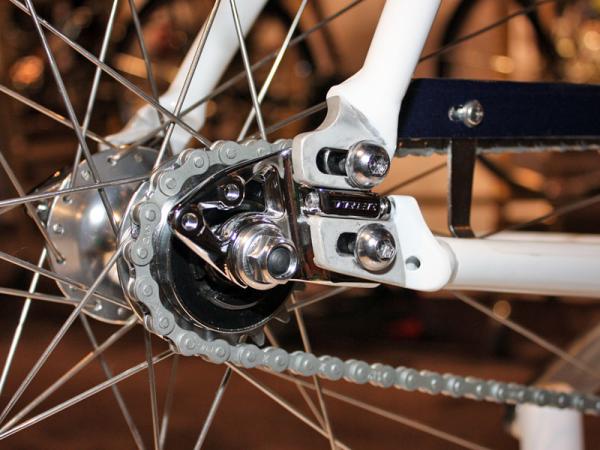
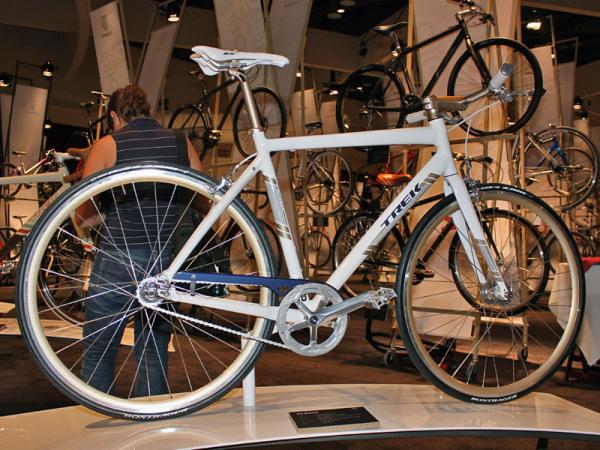
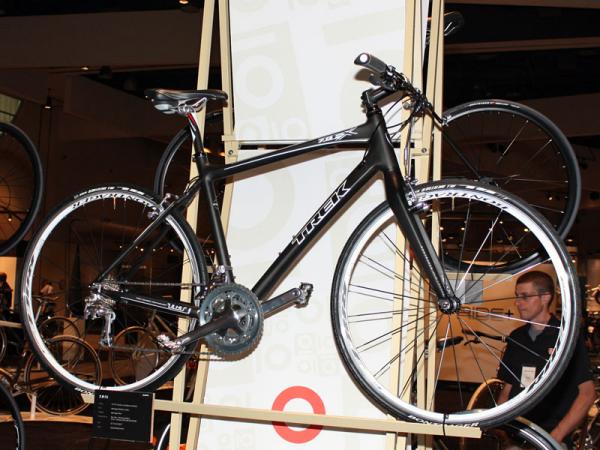
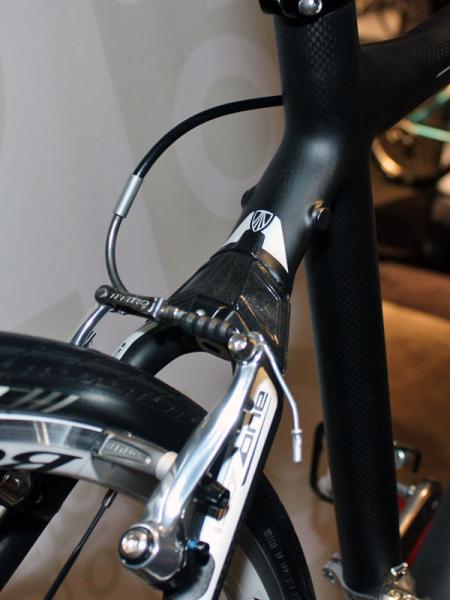
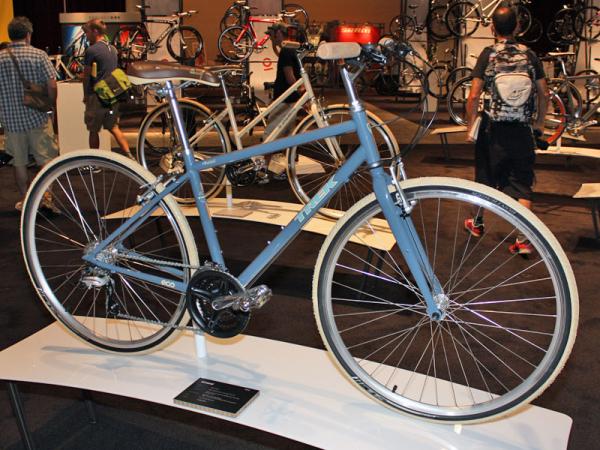
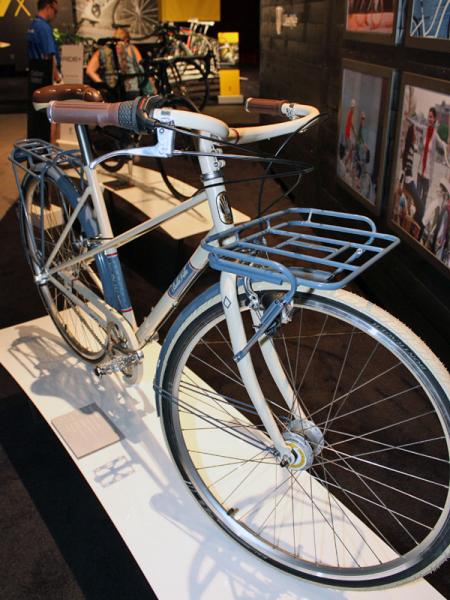
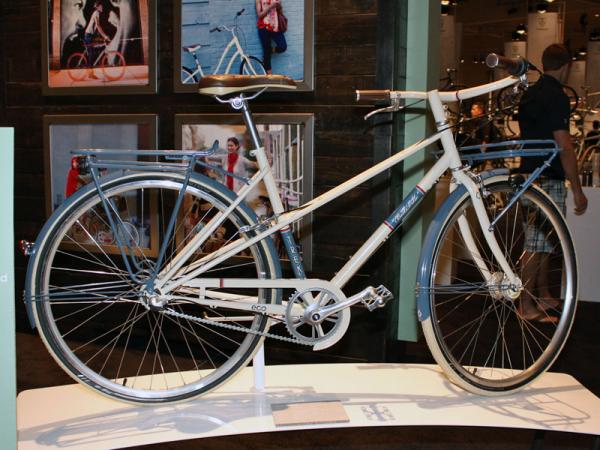
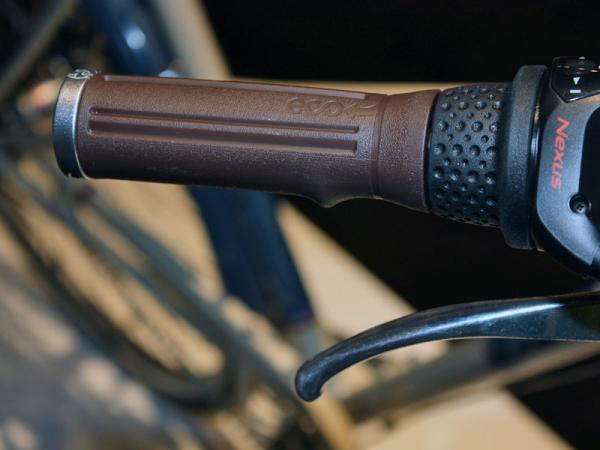
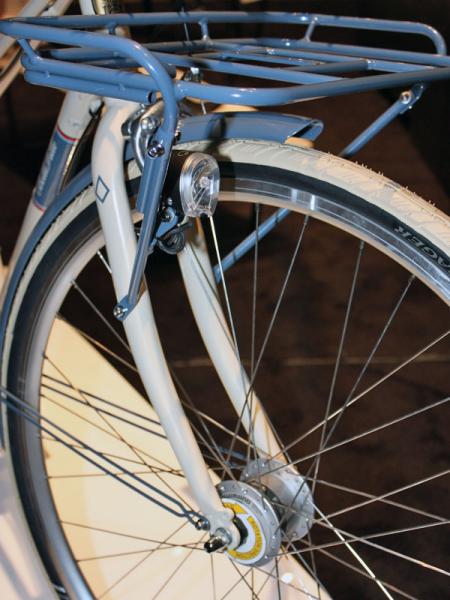
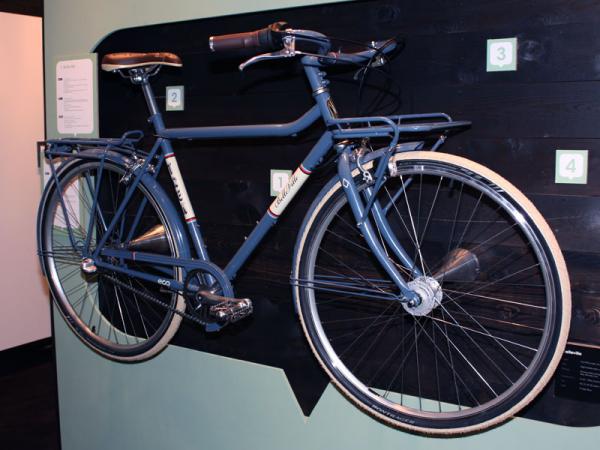
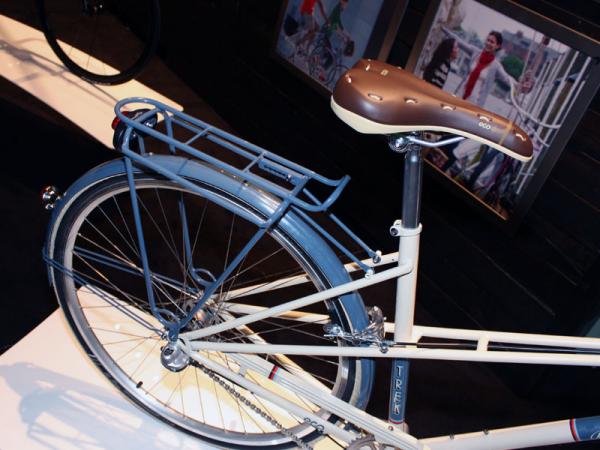
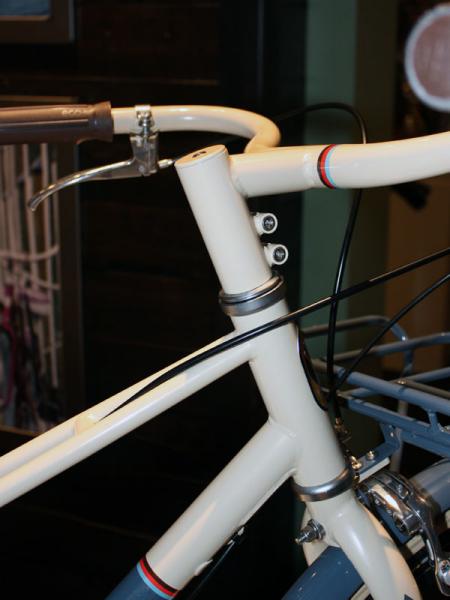
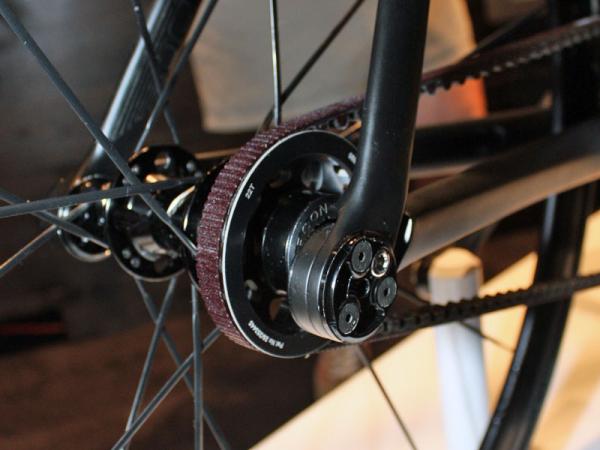
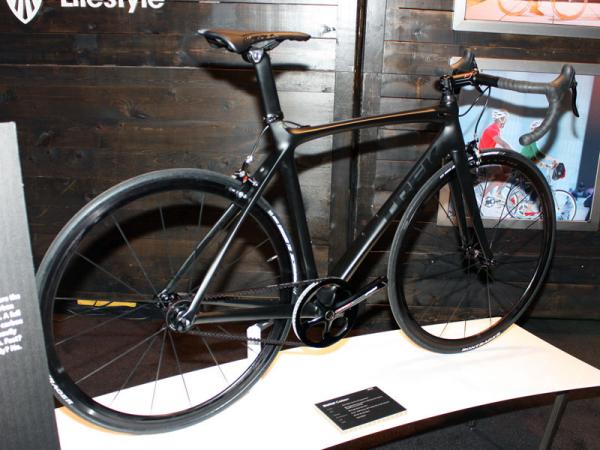
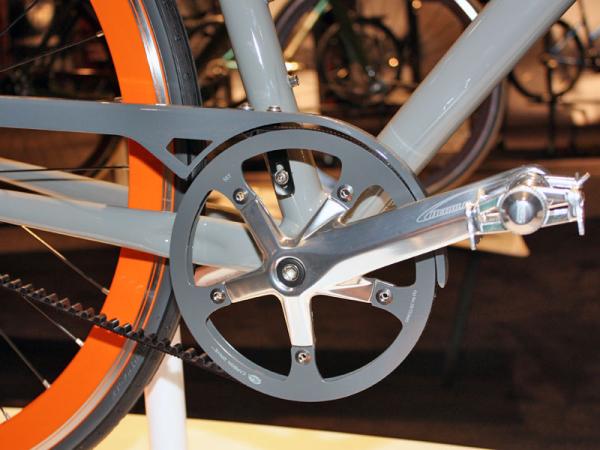
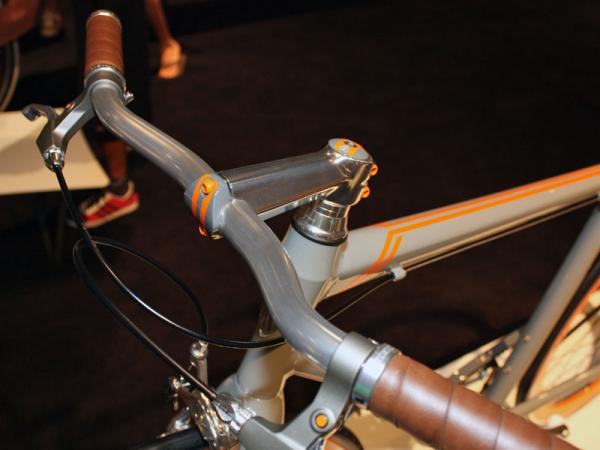
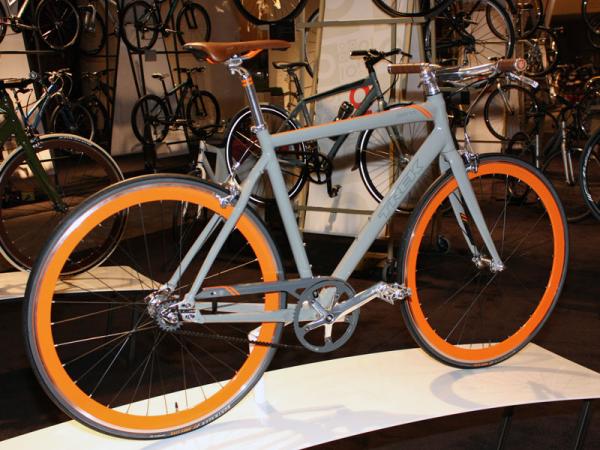
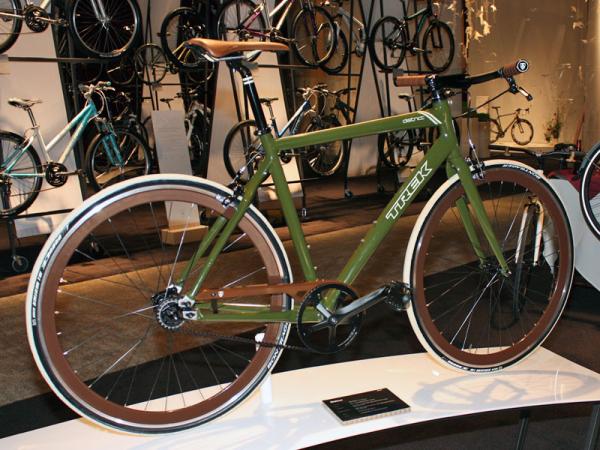
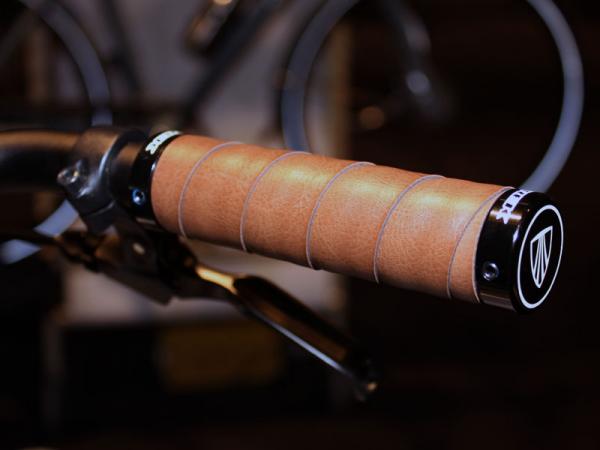
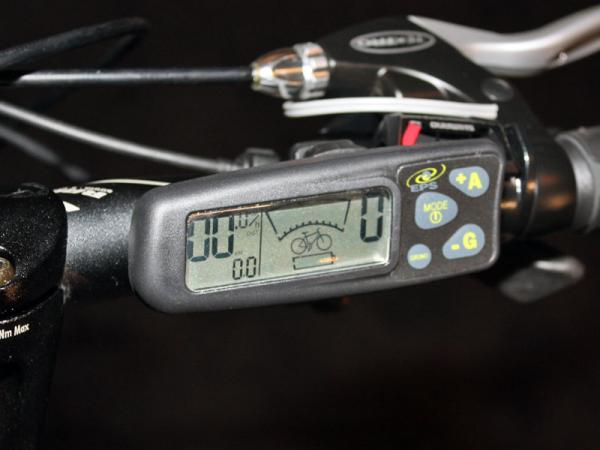
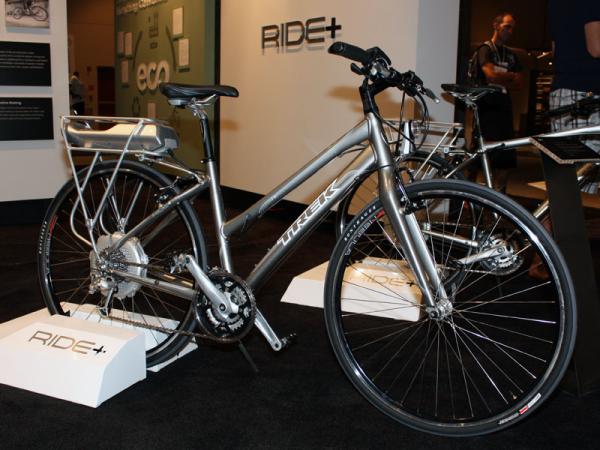
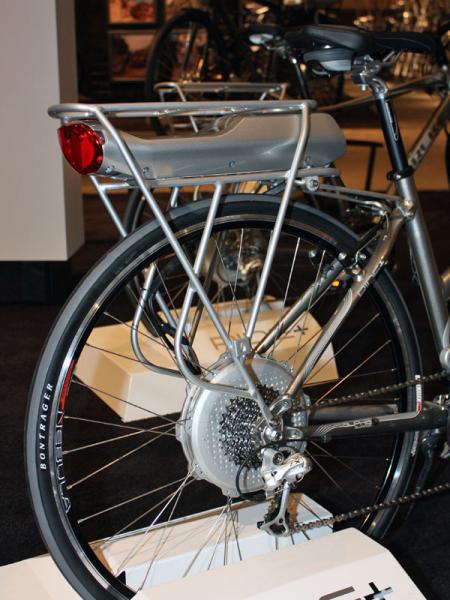
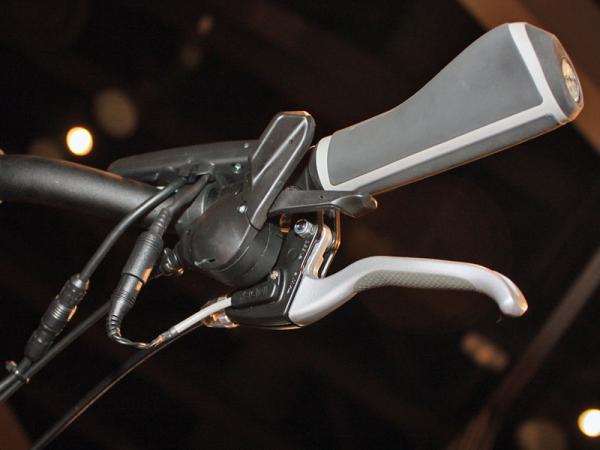
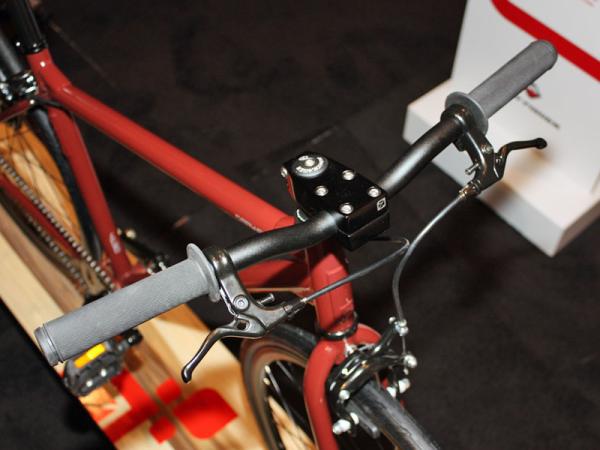
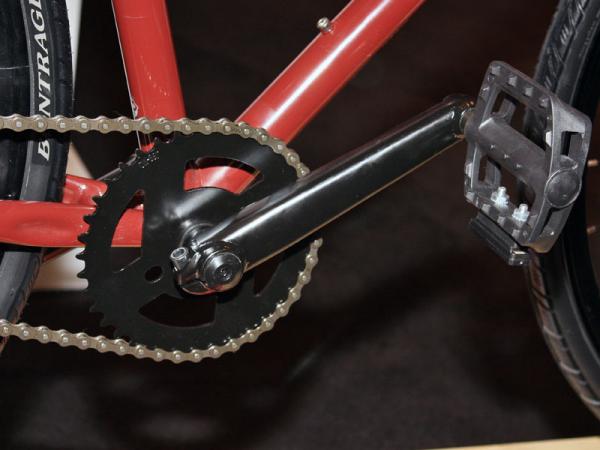
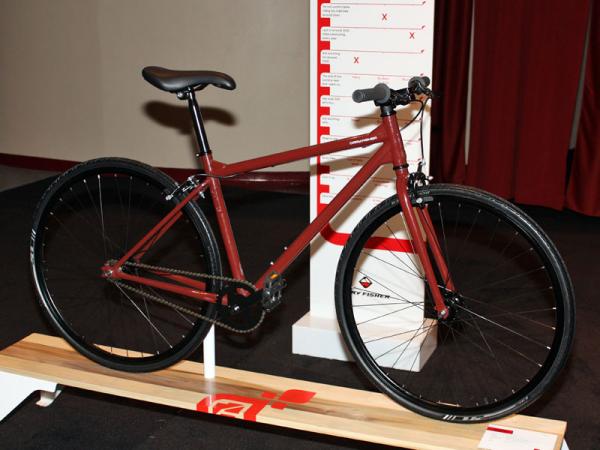
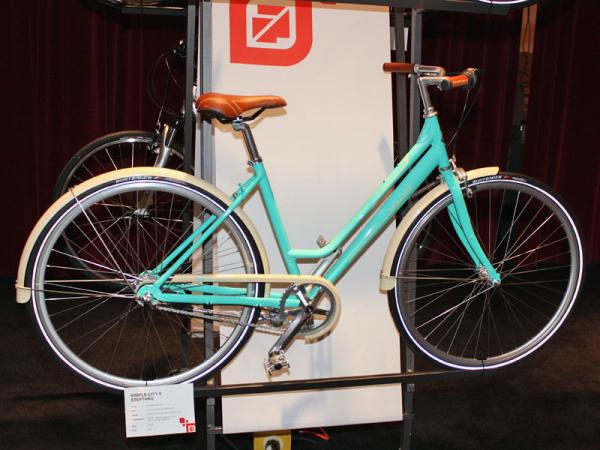
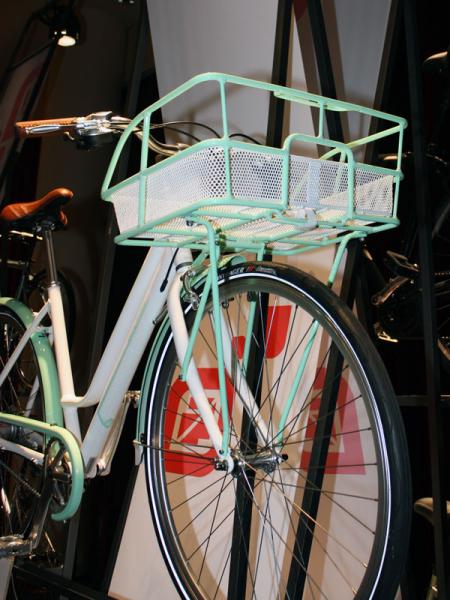
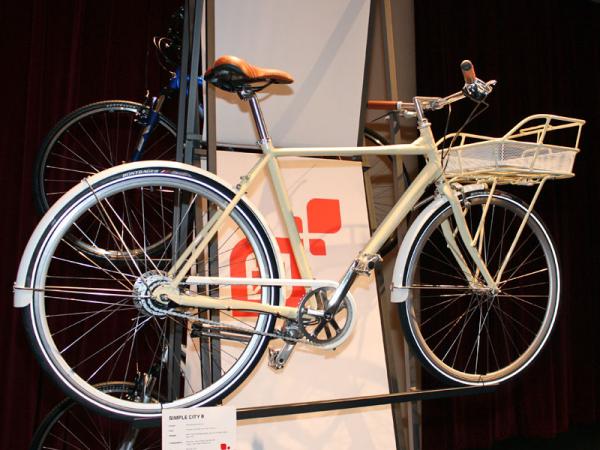
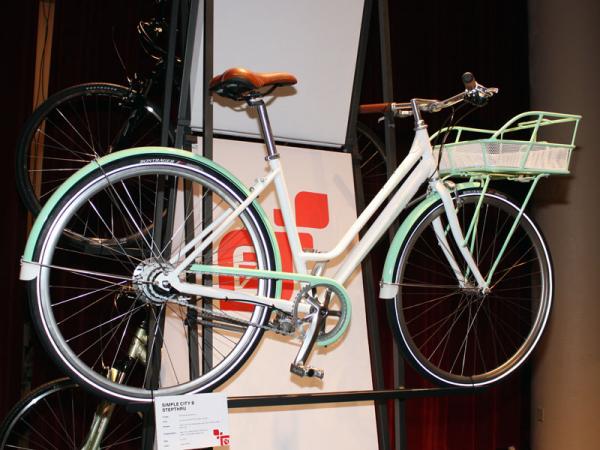
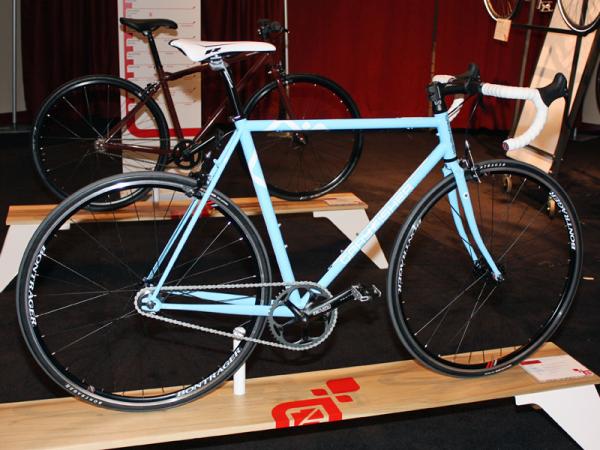
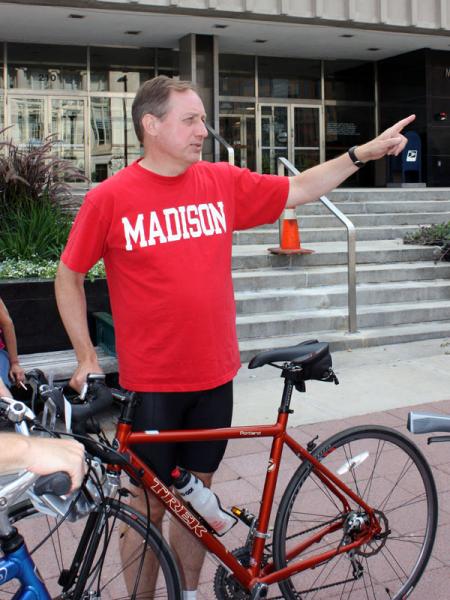
According to Trek president John Burke, bicycle commuting and recreational cycling have surged in recent years and he has the numbers to prove it: numerous cities such as Portland, Oregon and San Francisco, California are reporting enormous increases in commuter traffic, US federal spending on bicycle infrastructure (bike lanes, paths, signage, etc) will top US$1.4B in 2009 – up from a few hundred million just five years ago – official 'Bicycle Friendly Community' municipal applications have more than doubled in two years, and there are now 5,200 schools enrolled in the Safe Routes to School program.
Burke also says that grassroots initiatives are also now quickly gaining steam in various corners of the US and his own company's US$1M-plus in donations to the League of American Bicyclists and the International Mountain Biking Association are having a very real impact – for example, IMBA has built or designed over 800km (500 miles) so far in '09 alone.
Much of the work on Capitol Hill, however, has been spearheaded by Minnesota congressman and staunch cycling advocate Jim Oberstar. Oberstay was elected chairman of the Committee on Transportation and Infrastructure in January 2007 and has been hell-bent on improving cycling's status and legitimacy – and it seems to be working.
Either way, Burke says the market and demand is there and Trek and Gary Fisher have both greatly expanded their range of applicable bikes and products for 2010.
From cradle to grave with Trek's new Eco line
Trek's designers adopted a full life cycle approach to their new Belleville and Atwood bikes. The steel tubing requires less energy to produce than other common materials, more environmentally friendly powdercoat paint processes are used, and parts are clearly labeled for proper recycling. Wherever possible, suppliers are selected based on proximity to the factory to minimize emissions and even the rubber used in the tires is a mix of reground materials plus virgin rubber sourced from a certified sustainable plantation.
Trek hopes to make the bikes' useful life as long as possible though with a focus on durability and utility. The top-end Belleville will come fully equipped with fenders, racks, chain guards and hub dynamo-powered front and rear lights while the more bare-bones Atwood does without most of the extras.
The latest race content, interviews, features, reviews and expert buying guides, direct to your inbox!
Styling is decidedly retro across the board and strongly reminiscent of what we've seen in past years at the North American Handmade Bicycle Show for a classic look that's likely to stay fresh for some time.
Trek partners with BionX for 'sweat-free commuting'
Newer commuters, those living further away from the office or anyone needing to arrive at work looking – and smelling – a little more presentable can also look to Trek's new Ride+ range, all of which use BionX's motorized pedal-assist system. According to Trek, electric-assisted bikes are now the most popular type of commuter in Holland and they're hoping the trend will catch on in the US, too.
In its maximum boost setting, the rear hub mounted electric motor can churn out double the rider's pedaling effort up to 350W and power is drawn from a rechargeable battery located on a proprietary rear rack. Users do have to pedal – the motor won't drive the bike on its own – but 32km/h (20mph) maximum assisted speed has never come so easily. And yes, it's actually quite fun to ride.
The system does add about 7kg (15.5lb) in total however so you wouldn't want to spend very much time on one on with a dead battery. Thankfully, claimed range is about 24-64km (16-40 miles) per charge, charge time is about 3.5 hours, and the battery can supposedly survive 600 charge cycles before a replacement is needed. A regenerative braking feature kicks in automatically when you hit the rear brake, too, and the charge mode can also be manually selected on long downhills.
Trek will include the system on its new 7200+ (in men's and WSD versions), FX+ and Valencia+ models, the latter of which will come equipped with disc brakes, full fenders and lights. Prices top out at about US$2499.99.
District and Soho carry on for '10
Trek's popular District and Soho urban bikes will continue on for '10 and belt drives are heavily featured throughout for quiet, clean and maintenance-free running. Topping the belt-equipped range is the new District Carbon, built around a modified 5 Series Madone Pro fit and sporting a 100 percent blacked-out color scheme.
New for '10 are the 2nd and 3rd District models, both swapping the standard District's carbon fiber-reinforced belt for a more conventional chain-driven singlespeed setup. Both bikes are nearly identical save for drop bars on one and flat bars on the other, and the same split dropouts used on the standard District will allow for a belt upgrade down the road.
Gary Fisher delves further into the commuter game
The Gary Fisher lineup has long contained commuter elements but '10 will see a big push in that arena. Highlighting the range are the Simple City 8 and 3 models with multi-speed internally geared rear hubs, fenders and chain guards. The Simple City 8's front rack is perfectly sized for two paper (or reusable!) grocery bags, too, and there's even a Euro-style tripod kickstand as well.
On the other hand, the Lane and Triton models are based more on road bikes with narrow 700c tires and drop bars for those that need to get to work a little faster. Steel frame tubes provide good long-term durability and both will readily accept racks and fenders for hauling cargo and weather protection.
One of the most interesting models is the bargain basement Gritty, which carries a price tag of just US$399.99. Though built around 700c wheels, the steel frame is more akin of a BMX bike with heavily gusseted head tube and seat cluster areas plus rear-facing horizontal dropouts. A BMX-style stem and brake levers are used, too, and there's even a three-piece steel crank.
